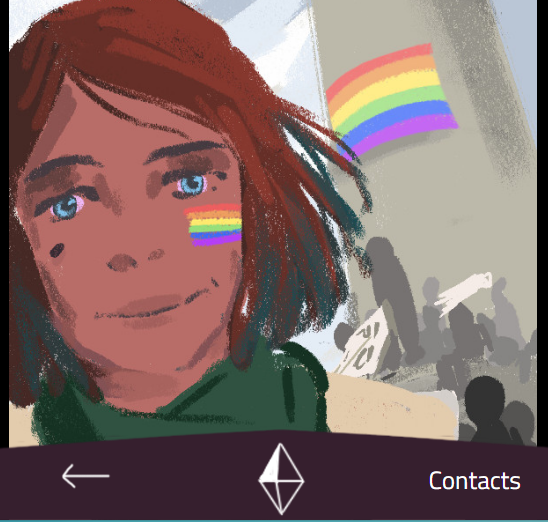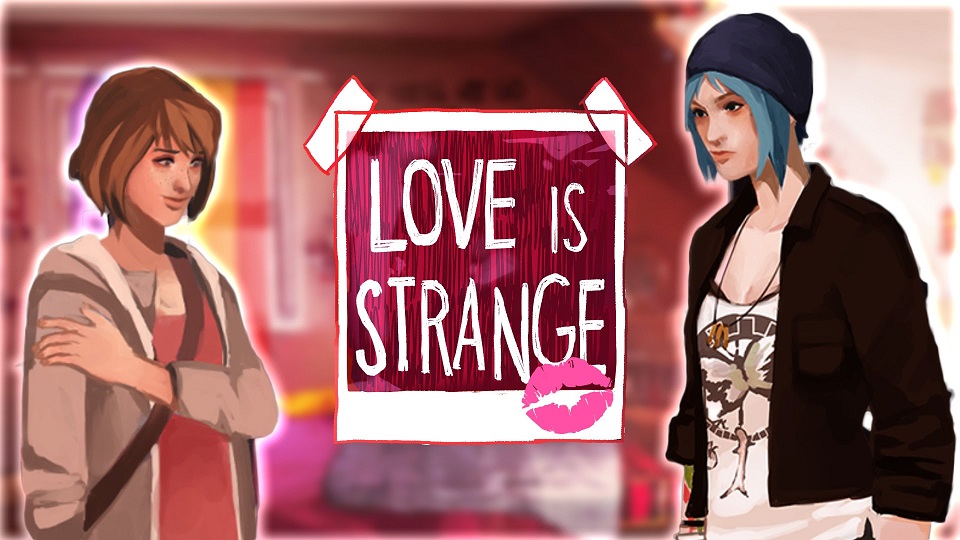The world is filled with amazing and diverse people and relationships. Why should video games, a medium that often reflects the real world, be any different?
Short answer: they shouldn’t be, and as time goes on they’re increasingly not. With the Sims 4’s recent update removing gender restrictions from sim creation, and companies like Bioware making it a standard across their games to include same-sex romance options, it’s clear that considerations of gender and sexuality have moved very much into the mainstream.
Still, a gamer searching for queer representation in the games they play might often find themselves disappointed by what can seem to be a barren wasteland. How amazing would it be to have a database of games including diverse sexualities and genders? A place to find games that represent who you are?
That’s where Queerly Represent Me comes in.
Founded by Alayna M Cole primarily as a place where the work of academics researching queer representation could be collected and shared, Queerly is described as a “database for games that represent sexuality, gender, and relationships.” Queerly Represent Me contains not only an exhaustive and ever-expanding list of games that explore these areas, but also resources for those interested in these topics, including the results of the Queer Representation (2016) survey.
This ain’t no top-ten list, this is some serious business. Looking for games with romanceable non-binary characters? Queerly’s got you covered. What about games that explore the formulae of typical dating sims with regards to relationships? Yup. What about a dating sim based off of that one time-travel game that you wish was gayer? Absolutely.
Basically, there are a lot of games there, from big AAAs to tiny little indies. This site is a valuable resource not just for research, but also for gamers looking for representation and game developers who have worked to put that representation into their games in some way.

A Normal Lost Phone, a point-and-click game jam game exploring gender.
There are pages of examples within Queerly’s categories (sexuality, gender, and relationships) showing that diversity exists within games, which is perhaps encouraging to those looking to find themselves in what they play, or include queer characters and relationships in their own games.
Whether a researcher, a gamer, or a developer, Queerly Represent Me is a valuable resource for anyone even slightly interested in representation within video games. Why not check it out today?


